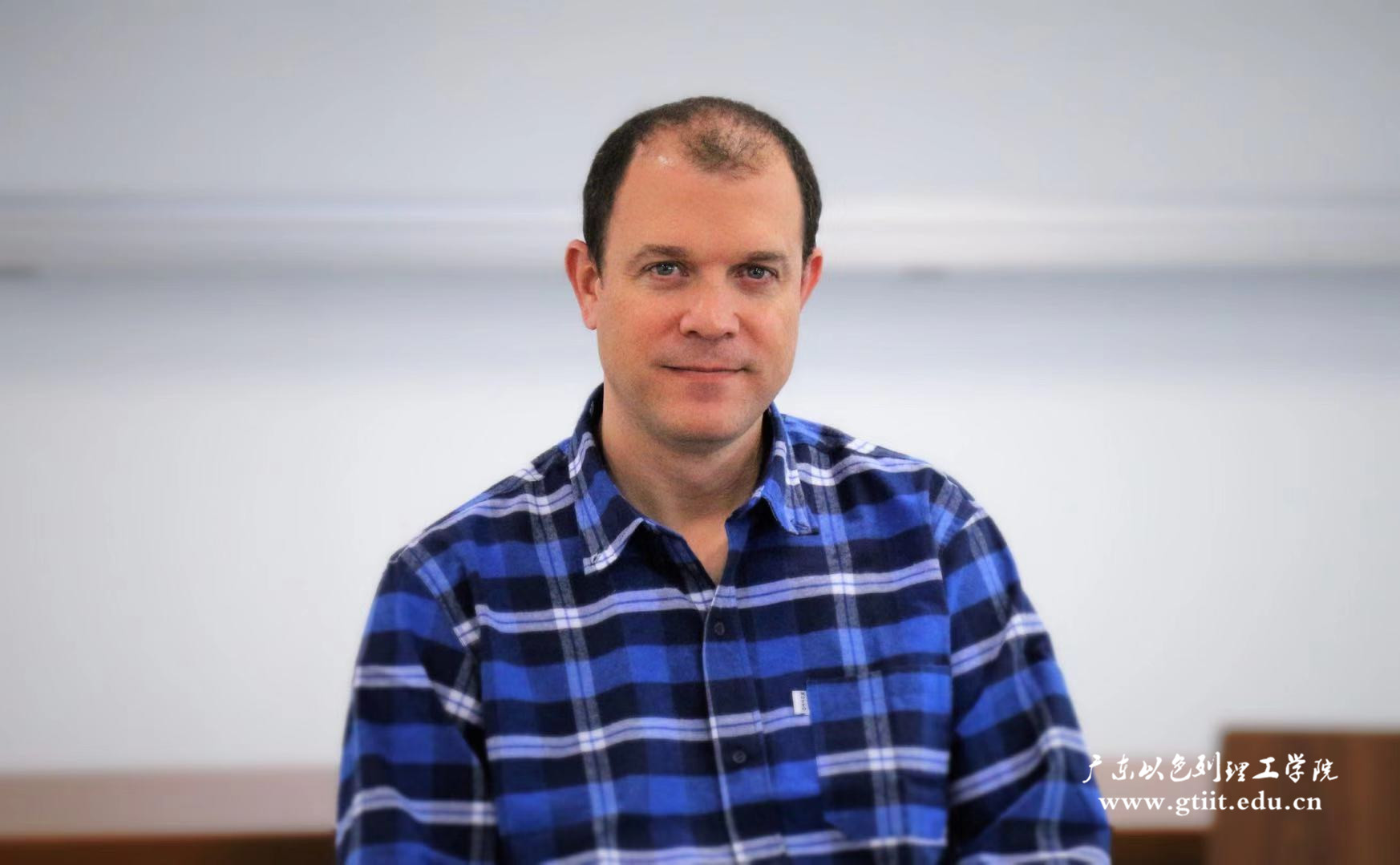PostTime:1/17/2019

Dr. Tzvika Harpaz has been researching climate change with his Israeli peers before joining GTIIT last year. For the last 11 years, he was mainly responsible for the programming work in his team, using Matlab and Python, which are programming languages used by millions of engineers and scientists around the world. He is currently working as a tutor in the course "Introduction to Computing with Matlab".
Could you briefly describe your academic career?
Compared to other researchers, my academic career started relatively late. In Israel, almost all high school graduates go to the army for military service and then go to the university. For me, after my time in the IDF, I chose to work in the high-tech industry rather than go to a University. I spent most of time programming automated QA scripts in various languages.
At the age of 30, I decided to start my academic career. I got my bachelor in geography, with honors, while working full-time as a programmer. After that, I continued to a direct PhD. I have cooperated with my friends, researching climate change for 11 years until now. Most of these researches are highly related to Israel and the Mediterranean. In our research activities, the majority of the programming work was done by me.
Why did you come to GTIIT?
Our family has arrived to GTIIT following the job offered to my wife, Silvia. Last year she taught many courses in physics and mathematics, while I continued my research with my team in Israel.
For Silvia's story: Physics | Silvia Behar Harpaz: 教学是我的挚爱
This year I noticed that the course "Introduction to Computing with Matlab" is being taught at GTIIT and I offered myself as a tutor. Considering my many years of experience, I was granted the great opportunity to teach this course and I am so happy about it.
What do you expect our students to learn from this course?
Obviously, the first thing is how to use Matlab to solve different problems. Using Matlab requires an understanding of the programming language and an efficient, well written code. I hope the students learn how to divide the problems they face into simpler tasks, and then write proper code for each task. Also, I wish the course helped the students to improve their logical thinking. One needs to understand the logic behind a problem to program a logical solution for it.
But it's far from enough. You need to know when to use and how to use an algorithm properly. For solving a specific problem, is it easier to use a loop or not? For a different problem, do I need a counter or a Boolean value?
So, learning the programming language is one side of the equation. The other side is learning how to use it well. This process includes how to approach a problem, how to break it down, and how to think about it. I know that the homework is extremely difficult for a lot of people, but I think you will get a lot from it at the end. If you solve it by yourselves, or even if you didn't solve it but invested your time to try and solve it, when you hear the solution, it will remain in your memory and you will learn from it.
Do you have any suggestions about learning to program?
If you want to be a good programmer in the future, you need to know how to think, which means you need to learn when to use and how to use algorithms exactly. It is something that is difficult to teach, but it comes with experiencing. When you spend just a few hours of writing code, you're not experienced. But if you keep practicing and using it, for example, by try and program some calculations for you experiment data, you will accumulate a lot of experience in programming and that will make you a better programmer. I have to say that, nobody can help you except yourself. After you do it for months, things that are very difficult for you at the beginning will suddenly be so easy. It's like learning a new language. I think we try to give you the functionality, the methodology, and the logical thinking. And the last thing that we can't give you is experience, which we try to do in your homework.
How do you spend your spare time?
I really love traveling. Our family has been to a lot of places in our last vacations, thanks to being in China and so close to so many beautiful places. Besides that, I love ball games. I have played basketball here with the students last year and I used to be a good at it when I was much younger and in Israel. As you know, my daughters stay in GTIIT campus, so I spend some of my time teaching them the basic of programming using Tynker or Code combat. I think that logical thinking is very important, and I hope my daughters would develop a good grasp for it over time. I also like board games and I have started a board games group here which meets once a week. These are fun and challenging board games and I had a collection of about 150 different games in Israel.
Interview by Chen Ke
Text by Shi Beining, He Yijian, Zeng Yuying, Yuan Chunlin
Photos by Zhang Hongrui
Edited by GTIIT News & Public Affairs
© GUANGDONG TECHNION-ISRAEL INSTITUTE OF TECHNOLOGY | 粤ICP备17036470号
